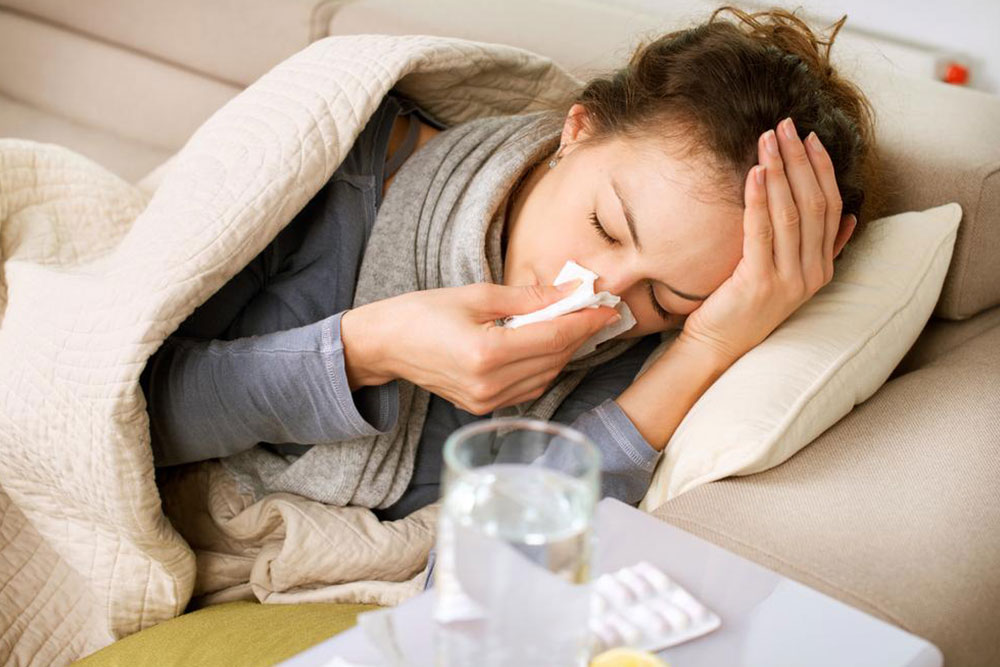Keeping seasonal allergies in check
Fall is here, and you would be tempted to go out for long, uninterrupted walks and hikes. However, if you are one of those individuals with seasonal allergy problems, then the long walks can turn into an outlandish ordeal. The seasonal allergies can be the cause for a runny nose, itchy eyes, and nasal congestion which can all act as a deterrent for you in enjoying the beauty all around.

Simple steps to keep seasonal allergies under check:
Allergic triggers: It is best if you can consult your physician and know your allergens beforehand. By this way, you can safely avoid the routes and places where your allergens are more likely to occur. The common allergens can include ragweed or outdoor molds which can come up after the rains. Also, be sure to test yourselves for pollen agents against your skin and hands. Pollen agents can sometimes be very reactive to few individuals.
Avoiding triggers: This is easier said than done but doctors across would vouch that this can be a fool-proof way of staying away from the risk of allergy problems. Modify your indoor environment to keep out allergens. When traveling outside, you can always wear a mask to safeguard yourself and wear sunglasses when stepping out to avoid the contact of agents with your eyes. Maintain a good hygiene all around and if you are susceptible to pollen, do ensure to wash your hair at the end of the day to get rid of them.
Your food intake: Always keep a check on your food intake as there are certain seasonal foods like fruits and vegetables that may be a cause for concern for your health. Before buying the product, check the pack for the nutrition levels and the possible allergens contained in it.
Have a medical kit handy: Always carry your safety medical kit comprising a decongestant or a nasal spray along with you at all times. You never know when you may require one. Also, have the list of medications that you need to take with you at all times. Some allergic reactions can be quick and severe hence, taking a dose of particular medicine is the only way to reduce the symptoms.
Also, when traveling, if you are prone to allergies, make sure that you plan for contingencies. Avoid hills and mountains if you are allergic to pollen and instead make trips to the beach. Have your eye drops and decongestants handy and make it a habit to never step out of the house without them. In case if your home and environment are tidy yet you still develop the symptoms, then try changing the paint of your house to a more environment-friendly organic one.

